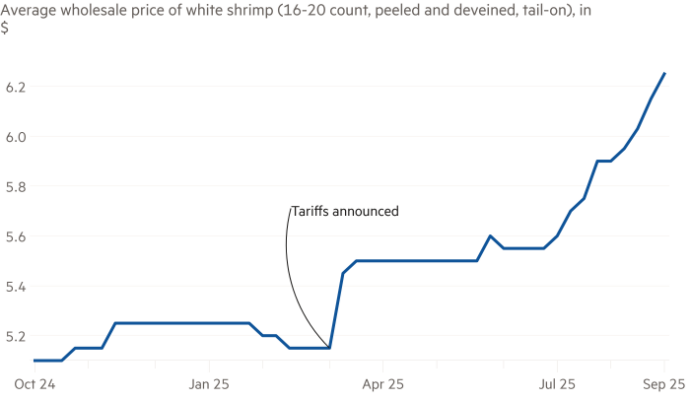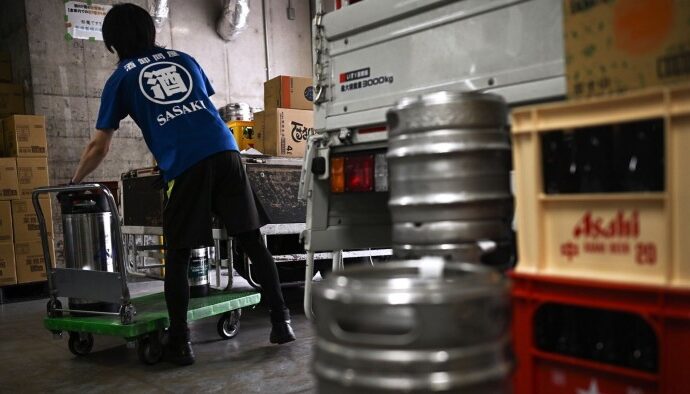Receive free Thailand updates
We’ll send you a myFT Daily Digest email rounding up the latest Thailand news every morning.
Thailand’s national assembly is poised to reject election winner Pita Limjaroenrat’s bid to become prime minister in a crunch vote on Thursday, leaving the country mired in an uneasy stasis between democracy and military domination.
Unelected senators appointed by the ruling military junta indicated they would not vote for Pita — a Harvard-educated businessmen — citing his desire to reform strict lèse majesté laws against criticism of the Thai monarchy.
The senatorial opposition highlights the risk of prolonged political turmoil in south-east Asia’s second-largest economy, with democrats unable to take control but the military rulers reluctant to suppress them overtly given their clear election victory and widespread public support.
“The powerful conservative forces arrayed against Pita have made some last-minute power plays,” said Thitinan Pongsudhirak, a professor of political science at Chulalongkorn University in Bangkok. “All the old elites see Pita and his Move Forward party as an existential threat.”
Move Forward was the clear winner of elections in May, dominating constituencies in the capital and taking 151 out of 500 seats in the lower house with 38 per cent of the vote. Its allies in the Pheu Thai party won 141 seats with 29 per cent of the vote. Pheu Thai is a successor to the movement of Thaksin Shinawatra, the populist former prime minister.
However, the prime ministerial vote will be held jointly with 250 senators appointed by the military junta, so candidates need 376 votes to win. Based on statements by conservative parties and senators, it is unlikely that any candidate has the votes to form a government.
Political debate in the run-up to the vote has turned on the lèse majesté law, with the Constitutional Court agreeing to hear a case that argues Move Forward’s proposals are themselves a violation.
“We are here today because the monarchy protects us,” said Chada Thaised, a member of parliament for the Bhumjaithai party.
The Constitutional Court also agreed to hear a second case targeting Pita personally over alleged ownership of shares in a media company, which would disqualify him from politics.
“I am someone who keeps his promise to the people,” said Pita, who said all his qualifications are in order. “Today’s stage is about the prime minister candidacy vote, not about the amendment of any law.”
Young supporters of Move Forward have said they will come out and protest if their candidate is denied the premiership, setting the stage for a period of escalating political tension.
The streets were quiet as the assembly debated, with high summer temperatures in Bangkok, but police began to prepare for the evening by blocking some roads leading to parliament.
Analysts said the deadlock was likely to be prolonged. One possible scenario, said Thitinan, was that Pheu Thai would eventually abandon Move Forward and form a government with parties aligned to the military.


